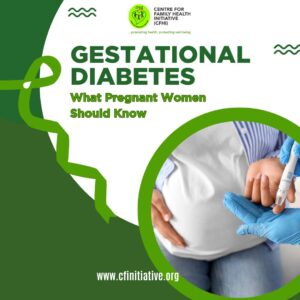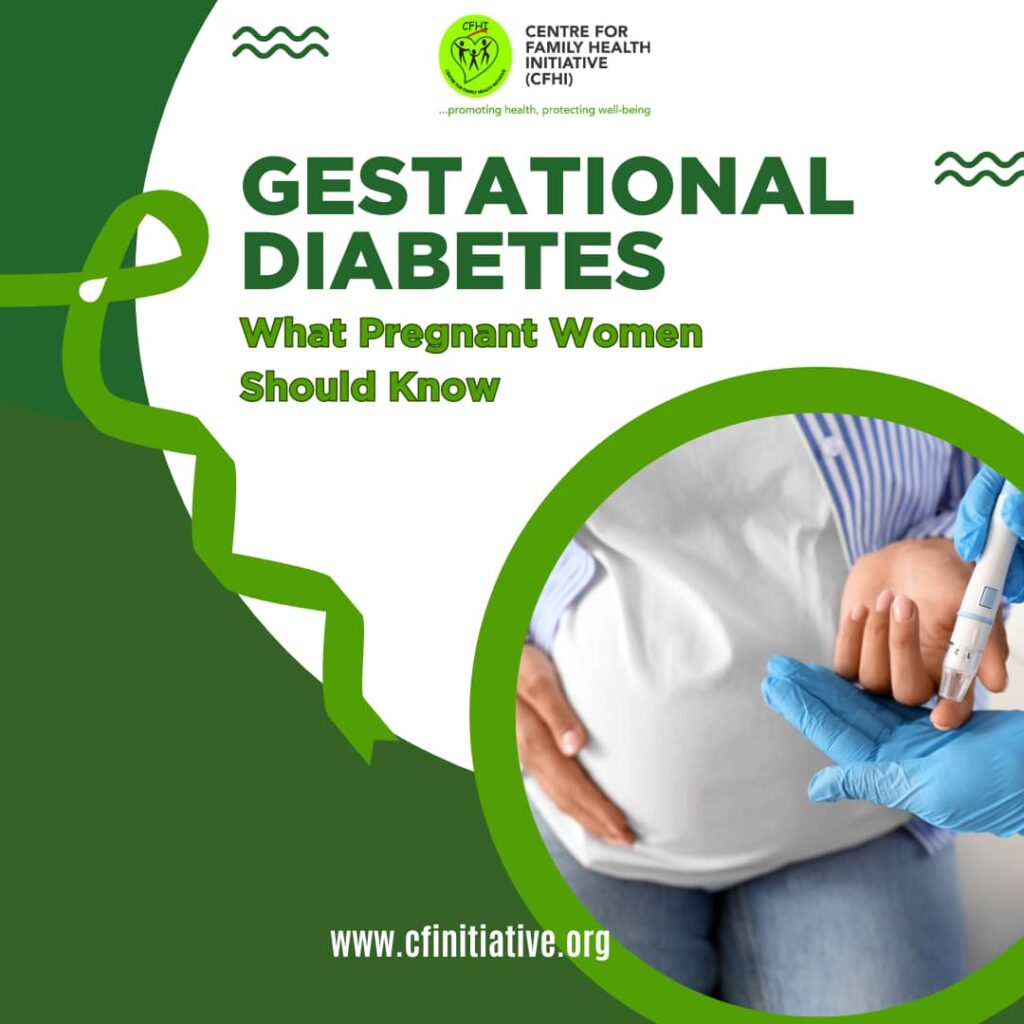Gestational diabetes is a form of diabetes that develops during pregnancy due to elevated blood sugar levels. Although it typically resolves after childbirth, managing it carefully is essential for the health of both mother and baby. Pregnancy induces various hormonal changes, some of which interfere with insulin, the hormone responsible for controlling blood sugar. When the body cannot produce enough insulin, gestational diabetes can result. This condition can occur even in women with no history of diabetes.
Certain factors such as age, family history, pre-pregnancy weight, previous gestational diabetes, and ethnicity can increase the likelihood of developing gestational diabetes. Gestational diabetes often has no clear symptoms, making regular screening essential. Some women may experience thirst, frequent urination, fatigue, and blurred vision, but these symptoms are common in pregnancy, so they may go unnoticed.
Screening and Diagnosis:
Routine screening for gestational diabetes is generally conducted between the 24th and 28th weeks of pregnancy, though high-risk individuals may be tested earlier. The glucose tolerance test (GTT) is frequently used, requiring the mother to consume a sugary drink followed by blood sugar level checks.
Proper management of gestational diabetes is crucial to avoid complications. A balanced diet, emphasizing vegetables, whole grains, lean proteins, and controlled carbohydrates, helps stabilize blood sugar. Consulting a dietitian can aid in creating a personalized meal plan, Physical activity improves insulin sensitivity. Low-impact exercises like walking or swimming can be helpful, Regular monitoring is necessary to understand the body’s response to food and exercise, and in some cases, insulin or other medications may be required to maintain safe blood sugar levels.
Unmanaged gestational diabetes can lead to large birth weight, preterm birth, low blood sugar in the baby, and increased Type 2 diabetes (T2DM) risk for both mother and child. Blood sugar levels usually return to normal after childbirth. However, women who had gestational diabetes face a higher risk of developing type 2 diabetes in the future. Maintaining a healthy lifestyle and regular diabetes screenings can help monitor and reduce this risk.
Though gestational diabetes may seem daunting, early diagnosis and proactive management allow most women to have healthy pregnancies and babies. Attending prenatal appointments, following healthcare advice, and adopting a healthy lifestyle are essential steps in managing gestational diabetes effectively and ensuring a positive pregnancy experience.
CFHI in collaboration with Health Strategy and Delivery Foundation (HSDF) conducts T2DM and hypertension awareness, and free screening aimed at improving Diabetes health outcomes among the populations in selected communities of Imo state.


